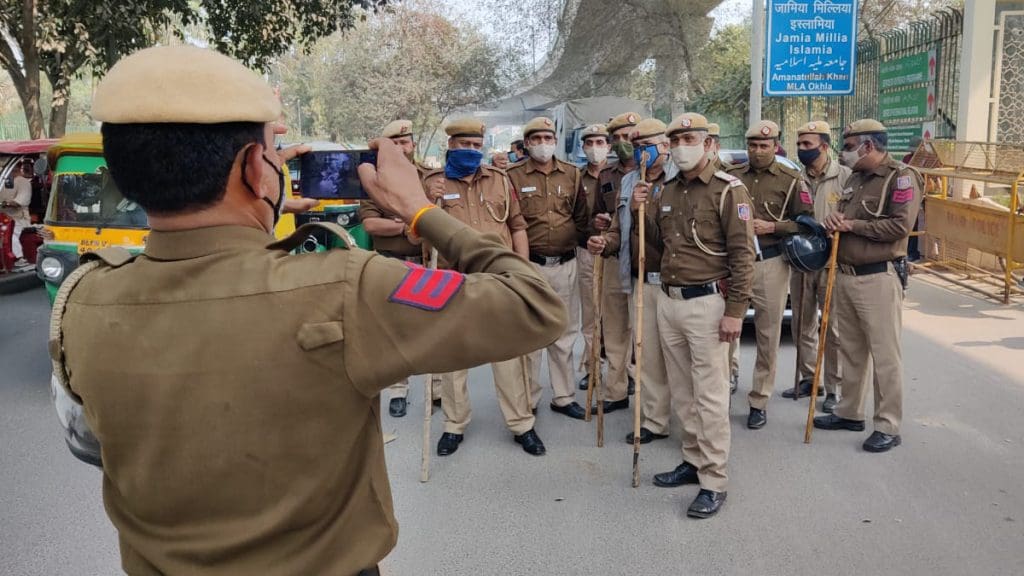
Human Rights Watch, an international watchdog, accused Indian authorities of using politically motivated allegations of tax evasion and financial irregularities to silence human rights activists, journalists, and other critics of the government.
In September 2021, government financial officials have carried out raids in Srinagar, Delhi, and Mumbai on journalists’ homes, news offices, an actor’s premises, and the home and office of a human rights activist.
HRW says, “the raids are part of the ruling Bharatiya Janata Party (BJP)-led national government’s escalating crackdown on freedom of expression, association, and peaceful assembly since coming to power in 2014”.
“The authorities have brought politically motivated criminal cases, including under broadly worded terrorism and sedition laws, against activists, journalists, academics, students, and others. They have also used foreign funding regulations and allegations of financial misconduct to target outspoken groups,” reads the press release.
“The Indian government’s raids appear intended to harass and intimidate critics, and reflect a broader pattern of trying to silence all criticism,” said Meenakshi Ganguly, South Asia director at HRW.
“These abuses weaken India’s core democratic institutions and break down fundamental freedoms.”
On September 16, Enforcement Directorate, which investigates financial crimes, raided the home and office of Harsh Mander, a retired IAS officer and activist, in Delhi, alleging financial and administrative irregularities.
A joint statement by activists, academics, and former civil servants condemned the raid as part of “a continuing chain of abuse of state institutions” to curtail rights.
On September 7, Uttar Pradesh police filed a criminal case against the journalist Rana Ayyub, an outspoken critic of the BJP government, for alleged money laundering, cheating, dishonest misappropriation of property, and criminal breach of trust.
Government supporters and Hindu nationalist trolls on social media have repeatedly abused and threatened Ayyub.
UN human rights experts called on the Indian authorities to protect her.
In June, the United Nations special rapporteur on freedom of expression and the Working Group on Arbitrary Detention wrote to the Indian government expressing concerns over “alleged arbitrary detention and intimidation of journalists covering the situation in Jammu and Kashmir.” The letter cited the cases of Fahad Shah, Auqib Javeed, Sajar Gul, and Qazi Shibli, and also raised concerns over the closure of the outspoken newspaper Kashmir Times in October 2020.
It noted that these violations “may be part of a broader pattern of silencing of independent reporting in Jammu and Kashmir, which in turn may ultimately deter other journalists and civil society more broadly from reporting on issues of public interest and human rights in the region.”
“By stifling fundamental freedoms at home, India is undercutting its influence as a world leader promoting human rights,” Ganguly said. “The government needs to change course and uphold the basic rights of its people.”



